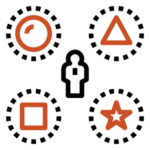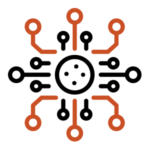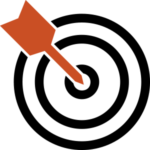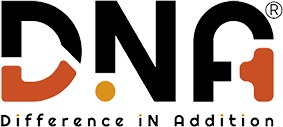Difference iN Addition:
Difference iN Addition:
The creation and sharing of skills on diversity in organizations is one of the pillars of Difference iN Addition (DNA). For this reason we’ve created the HT DDT Executive Course (Human Resources Digital Diversity Tools), a training course capable of encouraging alteration between learning and exchange aimed at the managers of DNA’s partner companies.. Sharing of experiences, the study of best practices, training reports of experts and academic guests oriented towards the acquisition of professional skills, the creation of confrontation moments and sco-planning and design thinking sessions: a testbed for spreading an inclusive culture in human resource management.
Through DNA, companies also have the opportunity to be accompanied in a project design, management and reporting of a project for lifelong and mandatory training financed through interprofessional funds, the ESF – European Social Fund or other kind of national/private funding.
The Executive Course HR DDT
DNA training is multidimensional and provides managers with the sharing of experiences, the study of best practices along with the possibility of interacting with representatives of the academic world. Another peculiarity is the introduction of a co-design path between digital and diversity & inclusion.
The pillars of the Executive Course HR DDT are:

Lectures on the main themes of diversity

Co-design and digital tools

Thematic focus

Community of practices
The objectives are to:
#1 Provide an historical and normative overview with respect to the development of Diversity Management and the figure of the Diversity Manager.
#2 Encourage a reflection on the contextualization of Diversity within the culture and belonging systems of the companies involved.
#3 Identify possible lines of development for the implementation of Diversity Management projects and programs.
#4 Analyze national and international good practices.
#5 Share the ideas and perspectives that emerged with the CCG through specialized thematic focuses
#6 Acquire skills in the use of Gamification techniques for the design of digital tools to support HR processes
The HR DDT laboratory aims at training Managers in the field of Diversity and HR, with specific attention to the acquisition of digital skills, which are now essential for those who hold a managerial role in their organization. Participants in the HR DDT Executive Course will have the opportunity to deal with Gamification, using it as a method of intervention capable of dealing with internal engagement and the monitoring and promotion of ethicl behavior within the company. The participating managers will be actively involved in the co-design of a specific digital tool, with the aim of putting it at the service of HR processes in the diversity field starting from 2022. This will be a further challenge the giving of concrete value and impact in the workplace of every single manager and every single partner organization. Furthermore, the proposed training aims to establish a community of shared practices made up of professionals who, starting from specific experiences and individual origin contexts, share a common vision on the management of diversity in the company and on the promotion of an inclusive culture of HR that thinks diversity is a development lever.
Webinar
Sharing and developing good practices of diversity and inclusion are fundamental for DNA. For this reason, in addition to the HR DDT training course reserved for the managers of the partner companies, webinars will be offered to help spread an inclusive culture of HR and managerial management. An opportunity to provide ideas and tools to those who work within organizations and intend to make the principles of the enhancement of diversity and people management their own, contextualizing the theme of diversity to the emerging demands of organizational development, both with respect tothe specific contingencies of contemporaneity (think for example of the explosion of Smart Working as a consequence of the COVID19 emergency) and of the main European lines of development (2030 Agenda).


